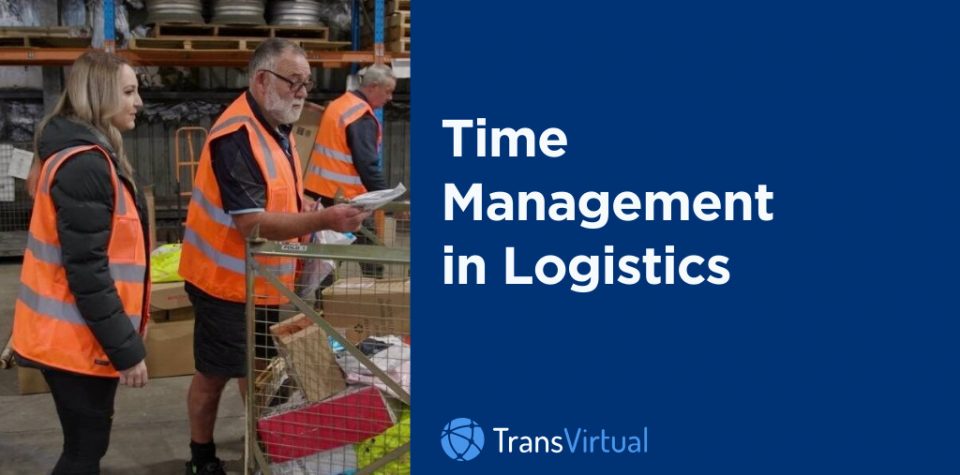Table of Contents
Time, the elusive yet ever-present force that governs our lives, has been a subject of fascination and study throughout human history. From ancient sundials to modern atomic clocks, humanity’s quest to measure and manage time has shaped civilisations and driven innovation in industry and commerce since….well, time began.
In the world of logistics, where efficiency and precision are paramount, mastering time management is the key to success.
In this blog post, we explore the evolution of time management in logistics, its importance in today’s fast-paced world, and how logistics software empowers Australian businesses to optimise their time management strategies.
A Brief History of Time.
Since ancient times, civilisations have devised various methods to track time. From observing celestial bodies to building increasingly sophisticated mechanical clocks, humans have strived to master and understand time. The concept of time as a finite resource became increasingly significant with the rise of industrialisation, leading to the adoption of standardised time zones and the development of accurate timekeeping devices.
In the modern era, digital timekeeping has become ubiquitous. Precise time measurements are essential for a wide range of applications, from global positioning systems (GPS) to telecommunications and financial transactions.
The ability to synchronise time across vast distances has also revolutionised logistics, enabling real-time tracking of shipments and precise coordination of transportation networks.
Today, accurate timekeeping is more important than ever, as businesses rely on precise schedules and synchronised operations to meet the demands of an increasingly interconnected world.
In logistics, the ability to synchronise schedules and coordinate operations is now an essential component in the efficient transportation and distribution of goods.
The Importance of Time Management in Logistics
Every second counts in logistics. Delays in transportation, inefficient warehouse operations, or mismanaged schedules can lead to costly disruptions and missed opportunities.
Effective time management is crucial for meeting customer expectations, optimising resource utilisation, and staying ahead of competitors. From streamlining workflows to minimising idle time, efficient time management practices enable logistics businesses to maximise productivity and profitability.
Optimising Time Management with Logistics Software
Logistics software plays a pivotal role in helping Australian businesses optimise their time management strategies. The advanced scheduling tools embedded in logistics software systems enable precise coordination of transportation routes, warehouse operations, and delivery schedules.
By managing these aspects of the supply chain more effectively, logistics operators can minimise delivery delays and maximise efficiency.
Making Data-Driven Decisions
With real-time tracking capabilities, logistics software platforms provide visibility into the movement of goods along the entire supply chain. This allows for proactive decision-making and timely interventions to address potential bottlenecks or disruptions.
Additionally, data analytics tools offer insights into historical performance metrics, empowering businesses to identify areas where time management strategies can be improved and implement targeted approaches to enhance overall efficiency.
Time is of the Essence.
Mastering time management is crucial for success in logistics.
By implementing effective time management strategies in your logistics operations, you can improve customer satisfaction by providing a thoroughly reliable service. You will also improve your company’s bottom line by reducing downtime and making the most of each working hour your staff puts in.
But time management also has benefits outside of simply making your operation run more efficiently. It’s also essential to remember the importance of work-life balance.
After a long day of optimising schedules and maximising efficiency, staff need to be able to switch off and relax. Time management strategies, working in conjunction with your logistics software systems, will allow you and your staff sufficient time for relaxation and enjoyment.
At TransVirtual, we love an early knockoff as much as anyone else. If you’d like a hand to figure out how to implement time management strategies for your logistics business, just get in touch. Now…time for a break.



